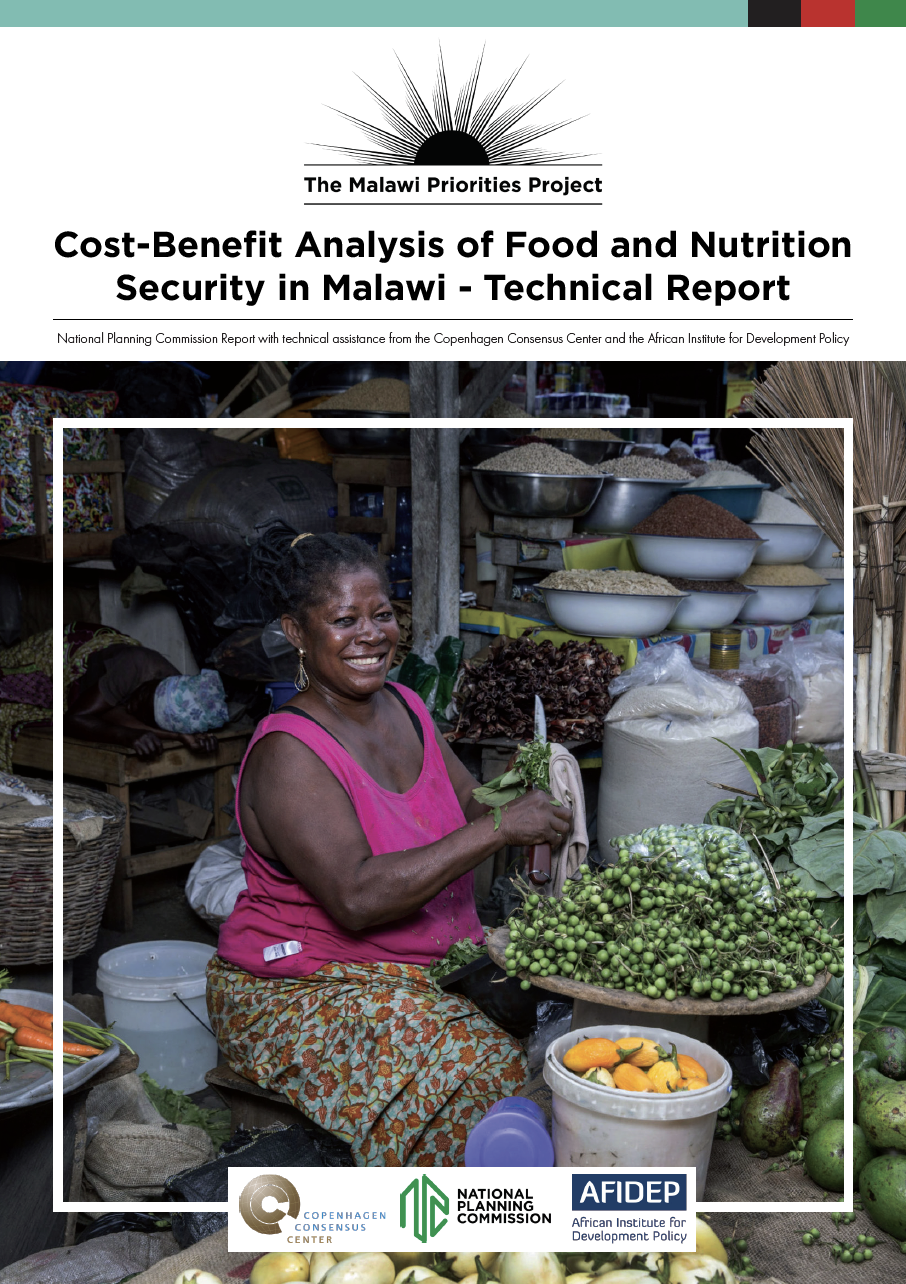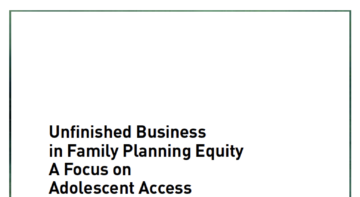
The main objective of this technical report is to identify and prioritize agricultural interventions for Malawi that could most effectively deliver sustained food and nutrition security, as well as greater dietary diversity within sustainable farming models. Based on the literature review, expert interviews and cost-benefit analysis, crop diversification and PICs bag were identified as the two main interventions that could potentially improve food and nutritional security at farm level. Crop diversification has been widely recognised as the most ecologically, feasible and cost-effective pathway to achieve household food and nutritional security in sub–Saharan Africa. This is especially important for Malawi, where smallholder farmers are often subsistence-oriented and are the most undernourished portion of the population (Pinstrup-Andersen, 2007 and Frelat, et al 2016). Crop diversification intensities and scales varies across agro-ecological zones.
Cost-Benefit Analysis of Food and Nutrition Security in Malawi - Technical Report
Related Publications





